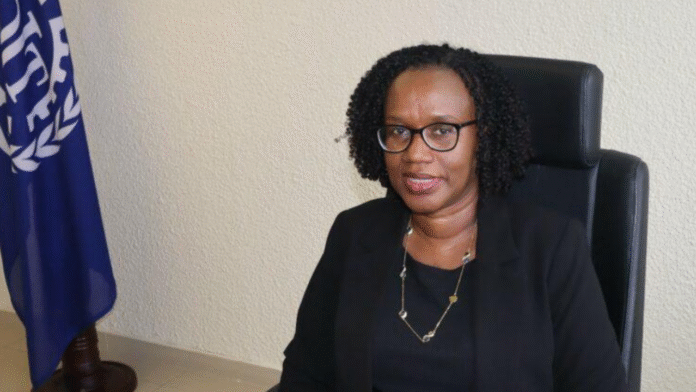Fanfan Rwanyindo, Africa’s regional director, International Labour Organisation’s (ILO) has called on African governments to view its 9.6 million domestic workers as an economic driver supporting the wider economy, and not only as a private matter inside homes.
She noted this during Domestic Workers Day, which was adopted as the first international labour standard that recognises paid care within the home.
Rwanyindo argues that domestic workers play a vital role, not just within the households they support, but across the wider economy, as their labour is a strategic investment in the wellbeing and resilience of African societies that needs regulation and respect. When afforded protection, dignity and recognition, communities as a whole flourish.
In a clarion call for reform, the government must therefore legislate minimum wage, fair wages, legal protection and decent working conditions for them, especially as the continent has over 9.6 million domestic workers over the age of 15.
To take action on this, she urged trade unions to organise domestic workers to demand pay increase. Also, employers can act in solidarity by ensuring that they pay and provide decent working conditions.
More broadly, she called on society to recognise care and domestic work not merely as household support but as a vital economic force deserving of investment, regulation and respect.
Rwanyindo revealed that only seven countries in Africa have ratified and implemented the ILO’s Domestic Workers Convention, 2011 (No. 189), and therefore called on more governments in Africa to take steps to ratify and ensure its principles are reflected in national laws. See also ILO’s progress and prospect, ten years after adoption of its convention.
These African countries are Angola, Cote d’Ivoire, Guinea, Mauritius, Namibia, Sierra Leone and South Africa excluding Nigeria.
She argued that the work should be seen as one that needs stronger protections, fair pay, and inclusive policies to ensure dignity and decent work for all.
“In Africa, care and domestic work is foundational to our survival and resilience. An estimated 15.8 percent of Africa’s paid female employees are domestic workers. But this vital work is undervalued and underpaid. Too many domestic workers are in informal employment, working without written contracts, minimum wage guarantees, healthcare or unemployment benefits.”
“In some African countries, they are excluded from national labour laws. In many others, enforcement of existing laws is weak or non-existent. Without access to maternity leave, healthcare, or safe working conditions, domestic workers are asked to care for others while their own care needs go unmet,” she says.
BusinessDay



